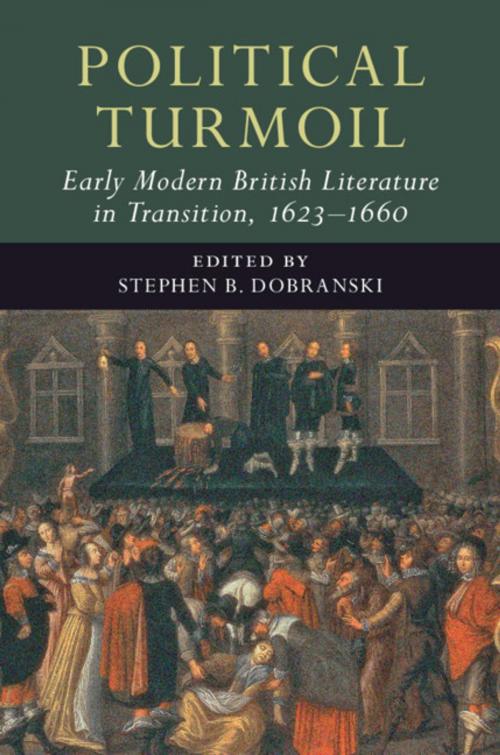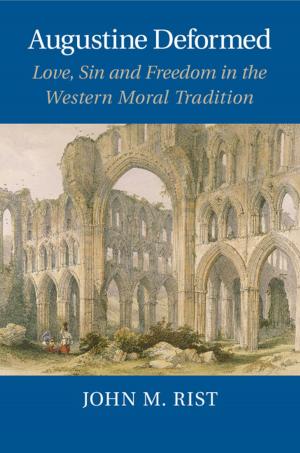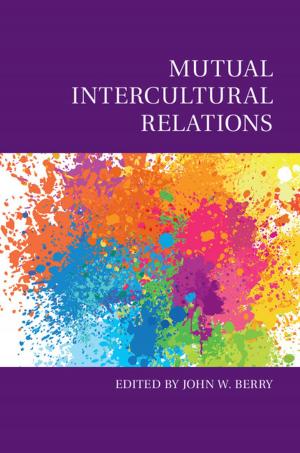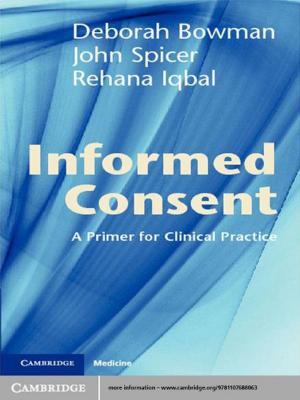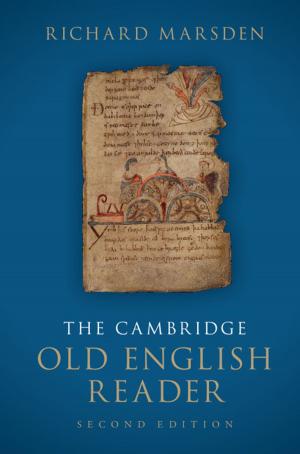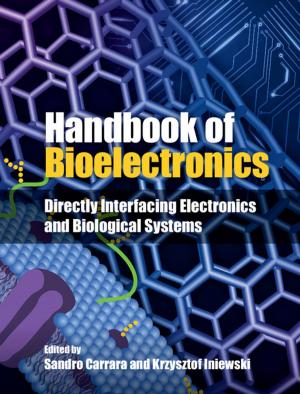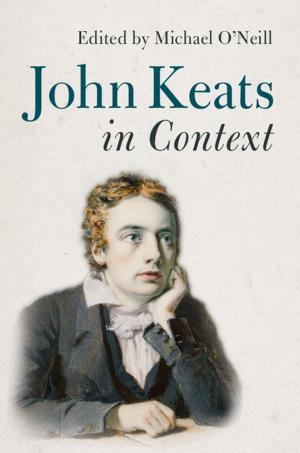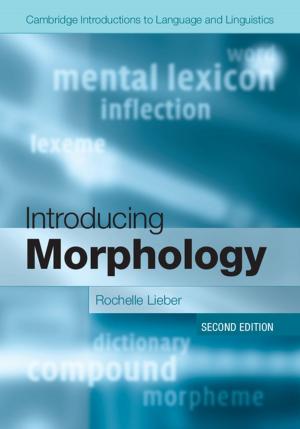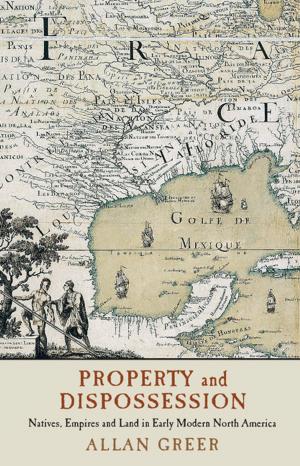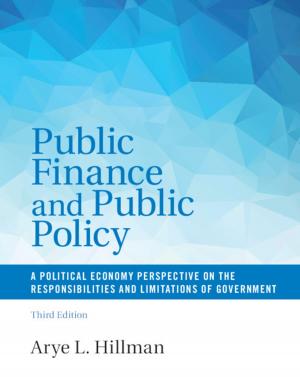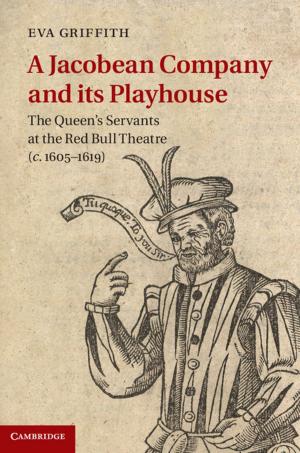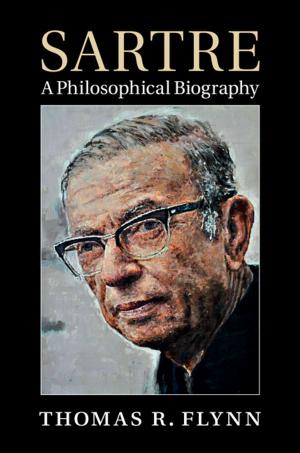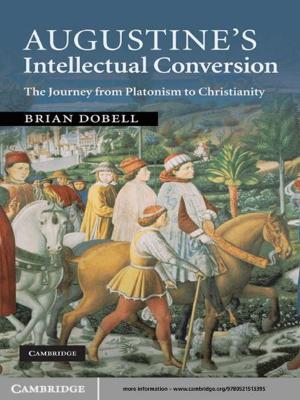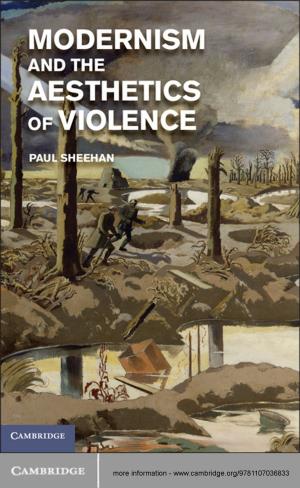Political Turmoil: Early Modern British Literature in Transition, 1623–1660: Volume 2
Fiction & Literature, Literary Theory & Criticism, Reference, British| Author: | ISBN: | 9781108318082 | |
| Publisher: | Cambridge University Press | Publication: | January 31, 2019 |
| Imprint: | Cambridge University Press | Language: | English |
| Author: | |
| ISBN: | 9781108318082 |
| Publisher: | Cambridge University Press |
| Publication: | January 31, 2019 |
| Imprint: | Cambridge University Press |
| Language: | English |
The early modern period in Britain was defined by tremendous upheaval - the upending of monarchy, the unsettling of church doctrine, and the pursuit of a new method of inquiry based on an inductive experimental model. Political Turmoil: Early Modern Literature in Transition, 1623–1660 offers an innovative and ambitious re-appraisal of seventeenth-century British literature and history. Each of the contributors attempts to address the 'how' and 'why' of aesthetic change by focusing on political and cultural transformations. Instead of forging a grand narrative of continuity, the contributors attempt to piece together the often complex web of factors and events that contributed to developments in literary form and matter - as well as the social and religious changes that literature sometimes helped to occasion. These twenty chapters, reading across traditional periodization, demonstrate that early modern literary works - when they were conceived, as they were created, and after they circulated - were, above all, involved in various types of transitions.
The early modern period in Britain was defined by tremendous upheaval - the upending of monarchy, the unsettling of church doctrine, and the pursuit of a new method of inquiry based on an inductive experimental model. Political Turmoil: Early Modern Literature in Transition, 1623–1660 offers an innovative and ambitious re-appraisal of seventeenth-century British literature and history. Each of the contributors attempts to address the 'how' and 'why' of aesthetic change by focusing on political and cultural transformations. Instead of forging a grand narrative of continuity, the contributors attempt to piece together the often complex web of factors and events that contributed to developments in literary form and matter - as well as the social and religious changes that literature sometimes helped to occasion. These twenty chapters, reading across traditional periodization, demonstrate that early modern literary works - when they were conceived, as they were created, and after they circulated - were, above all, involved in various types of transitions.
